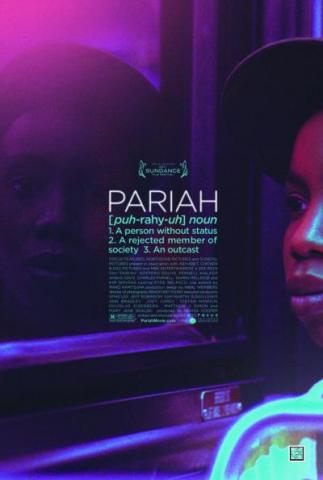A Pop Culture Pariah No More?

PARIAH [puh rahy uh] noun 1. A person without status. 2. A rejected member of society. 3. An outcast.
In the final moments of the critically acclaimed film Pariah, 17-year-old Alike finally finds comfort in her identity: “Even breaking is opening and I am broken. I am open... My spirit takes journey. My spirit takes flight and I am not running, I am choosing.”
It’s a rather poetic ending for Alike, an African-American teenager from Brooklyn who has spent her adolescent life hiding her homosexuality from family and friends. For that reason, Pariah has become an emotionally charged American coming-of-age story.
Adolescents who embrace multiple minority identities—in this case, a lesbian African-American—have long struggled to earn acceptance from their communities, says Cirleen DeBlaere, assistant professor of counseling psychology.
“The film makes a very striking point: that there is a lack of role models for sexual minority people of color,” says DeBlaere. “This complicates identity development and makes coming out as a sexual minority person that much more difficult.”
The search for acceptance is something today’s educators need to better understand and appreciate, she says. “The struggles for sexual minority youth in schools, within their families, within their communities and within the broader society are real,” says DeBlaere. “And they are important to acknowledge if we want to improve the environment for LGBTQ youth, both as educators and trainers of educators.”
While schools should serve as a home for tolerance, DeBlaere believes they should also inspire a greater understanding of cultural and social differences. School may be the only place students like Alike can turn for acceptance. Throughout the movie, parental tension and her mother’s strict religious beliefs force Alike to with.hold her identity and find comfort in a select group of peers—one of whom is closeted, like herself.
“This bravery in embracing one’s identity, who one is, in the face of challenge is a powerful message and a goal that I think many of us aspire to someday reach,” says DeBlaere. “You don’t have to be gay to know the struggle for self-acceptance.”